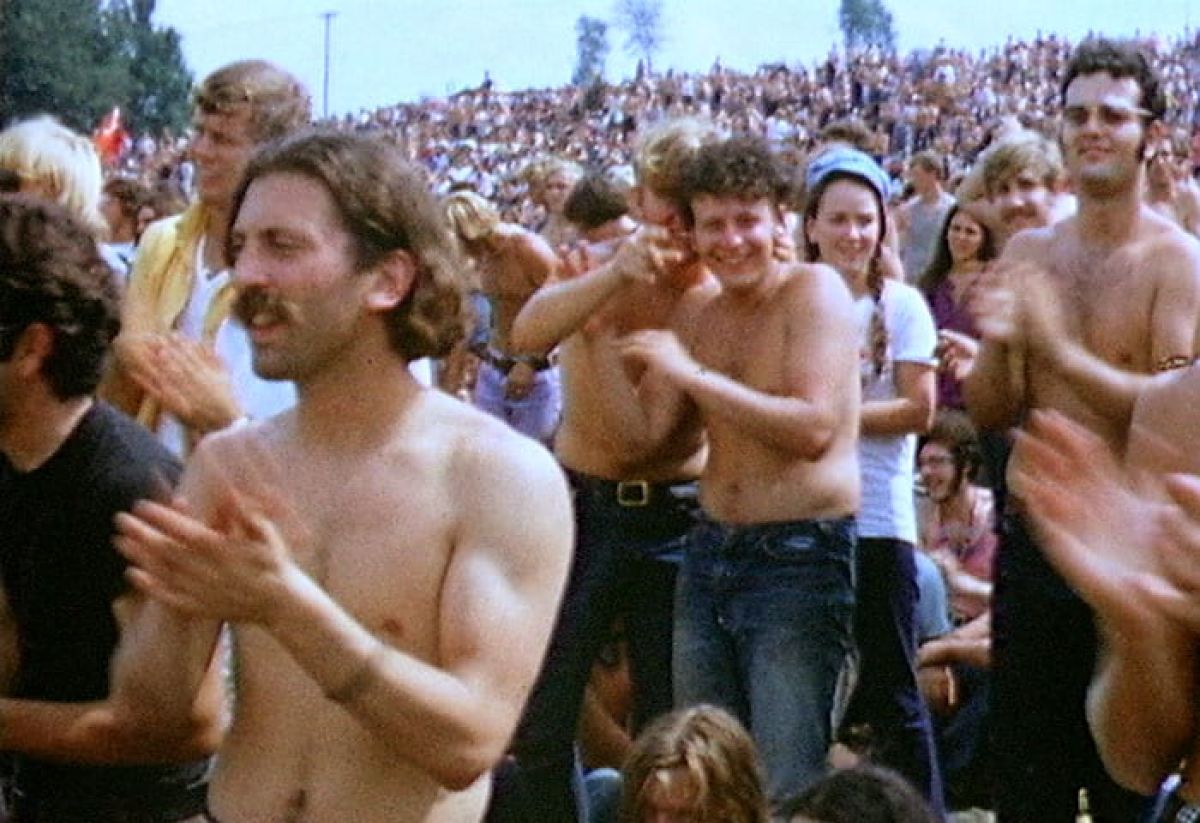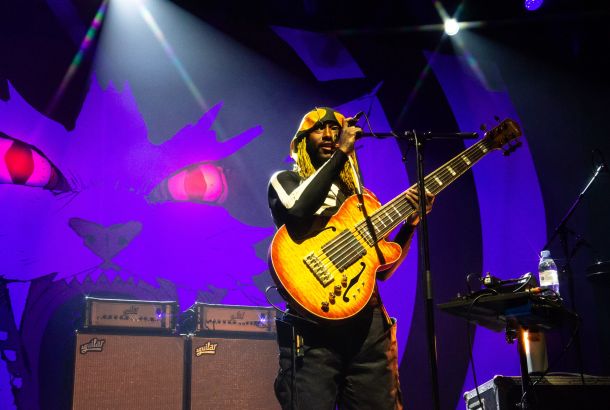Opinion: The 1960s, ‘The Man’ and where it’s all gone wrong
By kitdelamain

59 years ago, the most formidable cultural epoch of Western culture began. For 10 years, the 1960s brought a generation who rocked, rolled and rallied to a psychedelic rhythm that had never been heard before. Genres were formed and merged.
Musicians were united in their staggering drug habits, urine-soaked fans, and aversion to razors. Music was peoples lives, not just a soundtrack to it. Lyrics scared authorities, guitars screamed the indescribable and crowds remembered without recording a second of it.
I haven’t been around for the majority of the 49-year interlude, but I can’t quite work out what the on Earth has happened. You probably think this is sounding a touch pretentious? Well strap in, you’re in for a treat.
My guess is that at some point in the late 50s someone decided they didn’t want to be like everyone else and decided this was the fault of ‘the man’. They threw on some denim, picked up a guitar, and then with a few friends got up on a stage, and told everyone about ‘the man’.
This provoked a reaction. ‘The man’s BS was no longer to be tolerated. Under the shared banner of music, hippies, rockers, mods, beatniks, rude-boys, skinheads, black panthers, squares and geeks all formed as slots any wayward teenager could fall into. It was a collection of subcultures, so defined in their aesthetic and behaviour, that any youth could fit into a mould of their choosing.
“It sounds like none of them had an identity of their own” I hear you cry. You’re wrong. These were people that stood for something: If they wanted to listen to music they would do it together out of a speaker. If they went to a concert, they didn’t leave a seat spare.
Musicians, elevated to the status of prophets, would go to parties with their fans. Friendship, love, hate, progress, all of it tangible, everyone present to witness this universal sense of rightness. The authorities were scared of the power a leather jacket, or Day-Glo poncho could imbue, and this power was not squandered.
Remember Jack Black’s evocative preaching about “sticking it to the man” in School of Rock?
Well, the one thing uniting them all was their aversion to ‘the man’ and his doctrine, and together they got shit done. While they weren’t putting people on the moon, they were marching on Washington, a swirling maelstrom of peace and unity.
James Brown, the godfather of funk, showed the world black musicians were not there to play at the pleasure of white audiences. Jazz, soul and rock’n’roll lost its whitewash to singers and instrumentalists not because they were black because they were the best. Without light shows, auto-tune, and fancy staging, you could rest easy knowing the music you listened to was produced on nothing other than merit.
Women too were no longer tied down by the surly bonds of tradition. Although problematic, Janis Joplin didn’t need to ‘rely on her sexuality’ to rock a crowd. Stevie Nicks didn’t write every other song about a break-up. These front women kicked ass in their own right, and are the female role models we should all look up to.
Liberation wasn’t just confined to the streets and stadiums, but the bed sheets as well. And rivers. And fields. There was a lot of love flowing through the 60s, and plenty of places to have it. No longer was sex a vulgar act of depravity, but a finger to the stuffy generations before. There was no room for anyone who wasn’t on the programme, and the programme was beautiful.
With all that exercise to be done, it is also unsurprising that drug use rose higher than the stratosphere, along with anyone taking them. LSD and speed were rife, smashing down the doors, windows, and letter-boxes of perception. You could argue for the negatives of taking these substances, but I would call on John Lennon, Bob Dylan or Eric Santana, as people who may describe them as necessary. The amount of music we owe to drugs is staggering, and it was none other than the 1960s that lit that fuse.
Now it is not that we are now devoid of culture (we are) or that most music is mass-produced unoriginal crap (it is), but any part you enjoy of being a young person today, is thanks to the efforts of those 59 years ago. To paraphrase Hunter. S. Thompson, the 70s, and every decade up until now have been riding the high and beautiful wave that erupted from the 1960s. The momentum has all but died, and now, with a shallow puddle, lapping at our feet, I ask you: where the f*** has ‘the man’ gone.







